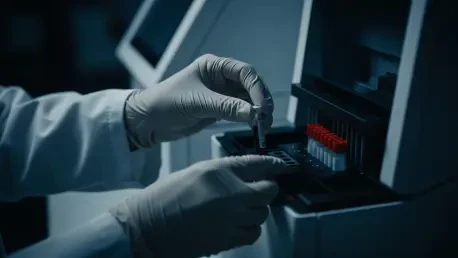
With us today is Ivan Kairatov, a biopharma expert with deep experience in research and development, to discuss the evolving story of Sarepta’s gene therapy, Elevidys. We’ll explore how new long-term data is reshaping the clinical conversation around the therapy’s effectiveness, the commercial

A groundbreaking medical research initiative is taking root in Southern Nevada, positioning Las Vegas at the forefront of the global fight against Alzheimer’s disease through a pivotal partnership between the local practice Clinical Neurology Specialists (CNS) and the Global Alzheimer’s Platform

Today, we have the privilege of speaking with Dr. Ivan Kairatov, a leading biopharma expert whose research has illuminated the intricate connections between lipid genetics and liver health. We'll be exploring the often-overlooked condition of Familial Hypobetalipoproteinemia, or FHBL, and how this

In the face of a life-altering diagnosis, the search for hope can lead patients and their families down countless digital rabbit holes, where unscrupulous vendors lie in wait with promises of miraculous cures sold through slick websites and persuasive social media campaigns. The U.S. Food and Drug

In a landmark development for reproductive medicine, a novel messenger RNA (mRNA) treatment has successfully repaired uterine damage and restored fertility in mice, offering a potential new path forward for treating certain forms of human infertility. The study, detailed in Nature Nanotechnology ,

In the high-stakes world of biopharma, few stories are as compelling as the race to develop a successor to a multi-billion-dollar drug. We're joined today by Ivan Kairatov, a biopharma expert with deep experience in research, development, and the intricate dance between clinical data and commercial